
What
a difference embodying the role of an eccentric coach can make in
altering a person’s image. Matthew
McConaughey surprisingly traded in his sex appeal image by appearing
in character last week, sporting a hippy get up and hairstyle
straight out something you would expect to see in “That 70’s
Show”. With a plaid
blazer, brown bell-bottoms, faux crocodile shoes and signature
blonde locks slicked and parted to one side, the only thing missing
were his long side burns. However,
regardless of how unusual or amusing, the audacious his
impersonation, it was a reinforcement of McConaughey’s commitment,
dedication and belief in his upcoming film, WE
ARE MARSHALL.
Based
on a true story that took place in 1970, WE ARE MARSHALL is a
heartbreaking and inspiring true story of a new
Marshall
football team and department that needs to be rebuilt when coach
Jack Lengyel takes on the challenge of helping a reluctant community
cope with the tragic plane crash carrying and killing the
University’s original team. Lengyel,
played by McConaughey, has the toughest challenge of helping to
restore faith and hope among a town paralyzed with grief.
The story exemplifies and signifies Lengyel’s courage and
drive to assist a heartbroken town get back on their feet and move
forward in a time of despair and misfortune.
Stepping
out of his typical romantic comedies and into a more emotionally
challenging film, McConaughey talked to us about reflecting on his
personal football experiences in University during filmmaking and
the importance of remembering and acknowledging a tragic event that
left an everlasting scar on a community that has not completely
healed. Check out what the
charming actor had to say.
Matthew
McConaughey

Were
you familiar with the story before the script came along?
Nope,
nope, read it the first time in Austin Texas in my trailer and had
no idea of the story. But
one read, I knew I had to be a part of it.
Not glad it happened but glad I had the opportunity to be a
part of it. Most
gratifying and honorable working experience I’ve ever had.
Hands down.
When
actually met Jack, the guy you were playing, did you meet him
earlier or later on?
I
talked to him up front and then he sent me some audio and I got a
lot of his audio recorded. A
lot of his audio off of the documentary, From Ashes We Rose and
there were certain things with speech rhythms that I was listening
to and then slowly started just to understand what was this guy’s
approach. He’s an
eccentric. Anyone
who’s going to say, “Yes I want that job,” is not your normal
coach – especially stepping into a situation, which is, I mean
there’s definitely no playbook, here’s how you go handle that
situation.
But
he wanted to do it for the simplest and purest reasons.
As he says in the beginning ‘why? Because I thought I could
help.’ Simple.
They ask him the bigger questions and he didn’t go in there
to be a savior, he didn’t go in there and say ‘I’m going to
get this town back on their feet.’
He wanted to coach a football team.
And when he was asked the bigger questions, what do you think
about people that think…we shouldn’t be thinking about getting
back in the field. It’s
a disgrace.
He
was very quick to say, ‘Hey, I’m a football coach.
I don’t know that’s not for me to say.’
And there are many instances in the film where he says I
don’t know and a lot of stories or films would have taken
advantage of those spots and go ‘this is a great spot to write a
beautiful soliloquy.’ No – the guy’s a small town guy from
Wooster, Ohio who had a family and loved his kids and had a big
heart and saw a situation and, was drawn to it and went to go coach
the team. He didn’t
say ‘I’m going to go prophesize the place.’
No, that was never where he was coming from.
So there’s simplicity there. In
those things that would have written in those positions – that’s
what people can hopefully walk and talk about in the parking lot
after the film.
This
character is very corky and eccentric for you.
The roles we have seen you play in the past have been more
charming and well spoken. Besides
the fact that it’s a great story, why did you decide to do
something so different?
It’s
just what the character became really.
I mean those others – they’re just different games, you
know. This one is what it required from my point of view some work.
It’s different – the game.
It’s not my place to go I’m really going to create a
certain character. It’s
wrong. Not only is it
not necessary, it would be false.
It would be over choreographed for instance.
This character came about very organically but like I said it
started with rhythm of speech and approach it in the way like ‘who
is that guy who comes from out of states?
I
want to come and [see] who’s teaming this situation.’
Well that’s not everybody.
I went and interviewed different coaches.
Yarbrough at Louisiana State University – white coach in the
late 60’s, he was a member of the NCAA.
Talk about eccentric! That
guy came down, he found Shaquille O’Neal in Germany.
You know he had all kinds of eccentric ways – at that time
people were just like ‘what are you doing?’ But, [he was] very
successful. And so I
looked at different places and talked to other coaches I know who
had been in different situations that were not ideal coming off
really hurt team where they lost a player.
I
remember being at the University of Texas, the week after UCLA beat
us 66-3. I was at
practice all that week at my University of Texas.
It was so…the whole week was applauding successful
fundamentals. I mean if
there was a clean snap- and this is a division 1A grade college
football program and after that loss they sort of debilitated, their
confidence was so low. If
they just got a clean snap and clean hand off and didn’t fumble on
the play. Coach had the
entire offensive team congratulate the quarterback because they
needed these simple fundamentals, (claps) ‘hey good job’ because
they weren’t a team who was good enough or had their confidence
high enough to only celebrate on the touchdown.
Your
character Coach Lengyel stayed with them for four years even though
they had a lot of tough seasons. How
did he deal with that?
They
were the biggest losing] team in the 70’s in the NCAA.
Well not until 1990 to 2005 where they were the winners of
college football team in the NCAA.
That’s a 15-year period.
Was
he still around? How did
he get into the football hall of fame?
No
he wasn’t still there, not then.
No not then. He
was only around for three to four more after years after ‘71
season. He is now and
intern AD where he goes to colleges…remember when Colorado had
trouble a couple of years ago? He went in, was called in for three
weeks while they were in upheaval to sort of hold the fort until
they sorted their stuff out. That’s
what he does. He goes in and is the band-aid for moments. We
didn’t talk much about what happened after that season.
I know that the next week after their win they got beat 66-6.
I
mean it’s funny but it’s also beautiful because it helps the
moral of the story, which is not about winning or losing right now,
it’s about how we play the game. It’s that we play the game,
that we take the field. I
know he wanted to win. He
didn’t enjoy the losses. No
coach does but you know I guess the resonance of that comes out in
that chapel when he’s talking to coach Dawson about ‘and I
thought it was all about winning or losing, for any other coach it
does and before I came here I thought it was but we’ve got to get
really realistic expectations. And
the one thing we got to do is just keep taking that field.’
So I wouldn’t really talk about the three years after that.
How
important is it for you not to play the stereotypical person from a
rural town in a film like this?
I
never really thought about it ‘cause it just wasn’t you know.
Now we got down there and sure, had people considering the
story we weren’t telling going ‘what are you guys doing putting
a mirror on this time in our lives when the town is sort of built on
it.’ Everyone’s
related to it by blood, friendship or lore in the town you know.
‘What are you all doing here? This is not something we
would just like to uncover and you’re coming here to make a movie
about it?’ Then you
had people saying exactly that.
‘I mean everyone always just shows us as the bucktooth
bumpkin hillbilly’ and we were like ‘no, no, no, no, we’re
trying to tell the truth.’
We’re
not making any caricatures – there’s no joke here.
We never had an ulterior agenda though.
There’s a responsibility you have when dealing with a true
story, to emulate the story truthfully but because our hearts and
minds were in the right place, the script was in the right place.
The responsibility never garnered a weight; it almost
garnered a freedom and privilege because it was an open book.
There’s no such thing as closed or meeting.
Townspeople would come out to the set.
We’re going to talk about seeing a fifty-yard line.
‘Everybody let’s go.’
Not
everyone’s going to get their way but we’re going to openly
discuss it. There’s no
secret. There’s no
secrets, there’s no camps. Nobody
camped up – that’s how amazing it was.
We didn’t camp up, present ourselves to the town any
differently than we were representing ourselves to each other, the
producer didn’t camp up and try get something going.
I wasn’t camping up and trying to do something different
than the producer. It
was an open door policy. There
was a lot of freedom in that and it was a highly creative process.
What
was it like for you to play a father?
Loved
it! Very easy too! I
love kids; I don’t have any of my own but had three children and a
wife in the film. To be
a coach instead of a player…I’m usually the player.
I still think I can make that pass so I’m going to keep
taking. I’ll say this:
five years ago, I wouldn’t be as prepared to play the role as now.
Just from growing older
-but it’s so easy for me to look at kids and love them or look
into a woman’s eyes who’s supposed to be my wife and love her
you know, so with that there comes a…everybody, all my friends who
have kids say ‘man life just opens up and it doesn’t become
about you, it becomes about them.’
There’s
a resonance where your heels I’m sure dig into the ground a little
harder and sturdier than they would as a single gypsy or whatever.
I mean you have responsibilities and you’re responsible for
the well being of quite a few people that need to be led along the
way. Keep them safe, and
fed and lead them in the right direction – but that was very easy
for me to understand.
There
are a lot of funny metaphors your character uses to get his point
across. Are those real?
Did he really use those types of lines like the one about
changing the diaper?
I
don’t know that he actually said that.
But he was full of comedic metaphors like that and how he
would handle situations with humor.
It’s very useful, not that he did it to manipulate
consciously but it was useful because here’s a very heavy
situation and his comedy is coming from his heart.
He wasn’t trying to tell a joke.
We shot scenes with a quarterback where he was nervous and
kept pitching the ball too early and he wouldn’t allow himself to
get hit. I kept telling
him to take his time and wait ‘til the last second.
I
asked if he had a girlfriend and he was ‘like yeah I do.’
I asked one and he said ‘two.’
I’m like ‘you like to dance?
He goes yeah.’ I asked who’s your favorite musician and
he said ‘Marvin Gaye.’ I’m
like, run your options like Marvin Gaye man, take your time, take
your time. Wait ‘til
the last second to get rid of the ball and if you don’t, I’m
going to tell one girl about the other one!
Sometimes you need levity.
You
hear great stories about great champions like a Joe Montana leading
the drive to win the Superbowl against Cincinnati. They’re in the
huddle in the Superbowl final drive.
They’re on 20 and they have 80 yards to go, and he kneels
down and tells the play and he tells the lineman, he says ‘hey
scoot over, that’s John Candy!’
He was in the stands on the other end.
He was being serious but it was the perfect thing for the
huddle to hear, because they’re all going ‘oh shit, we’re down
by whatever and we got to go down there to score.’
It’s like hearing ‘hey clean your nose you got a
booger.’ It’s the
perfect thing. It takes
you out of the situation and takes the weight off and you can play
with your instincts and get out of your head.
What
are you working on next?
I’m
off in Australia right now shooting something called Fool’s Gold.
Myself, Kate Hudson – we really have a great cast of
characters – Donald Sutherland.
It’s a great adventure comedy with Andy Tennant. Got to
find a treasure and get the girl.
Like
Romancing the Stone?
Very
much like romancing the stone. Modern
day.
What
do you hope to receive this holiday season and what do you plan on
giving?
I’m
giving out a lot of headlamps, the things you wrap around your head.
Look mom both hands. I
think it’s one of the best inventions going.
I gave electronic toothbrushes last year.
I’m going to spend the Christmas with a family that I lived
with in 1988 when I as an exchange student over there.
And my mom’s not upset about that, she understands
completely. I haven’t
seen him in 19 years and when I left he had 5 daughters and 1
granddaughter and now he’s got 5 daughters and 12 grandchildren.
What
I hope to receive is all of that.
It’s going to be a good Christmas for me to remember sort
of the friendships and stuff that are made over time.
Right now I just keep wishing for health. My mom is 75 –
healthiest she’s ever been. My
older brother who’s 53 just had a baby boy.
And all my friends are having babies so there are babies all
over the place. It’s
going to be a good one.


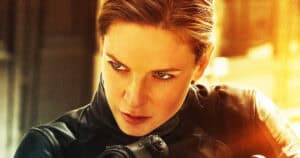
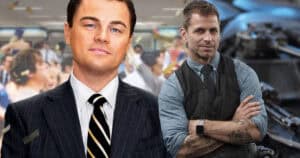

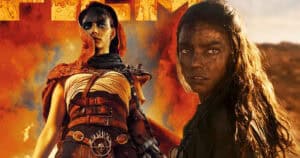

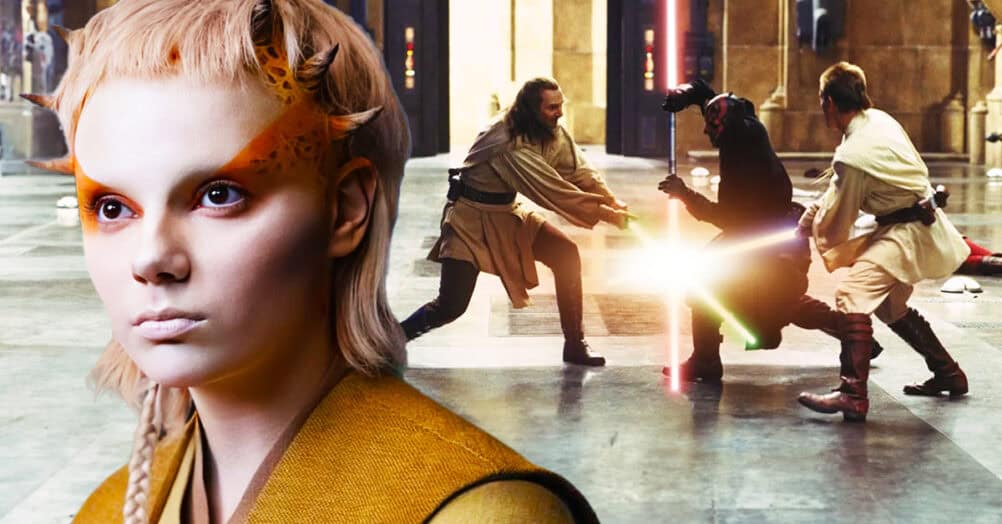
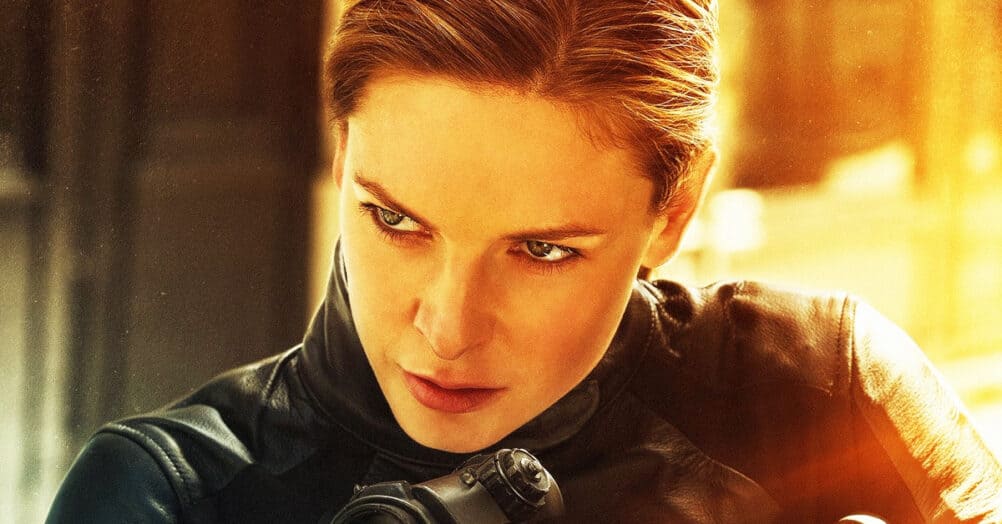
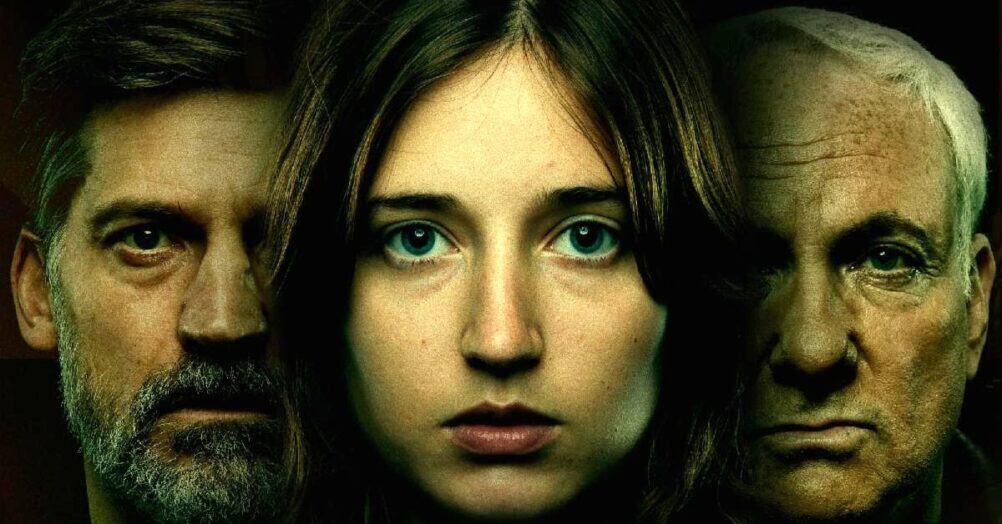
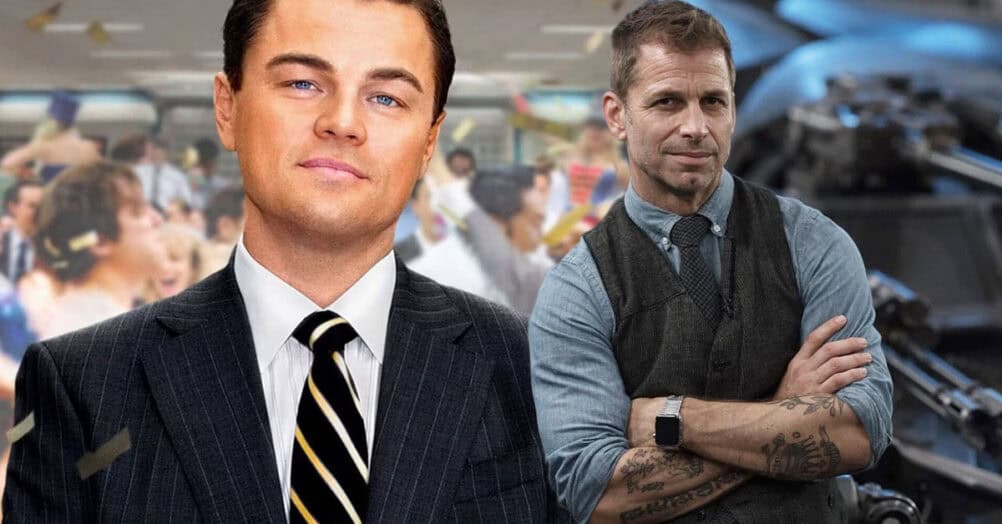
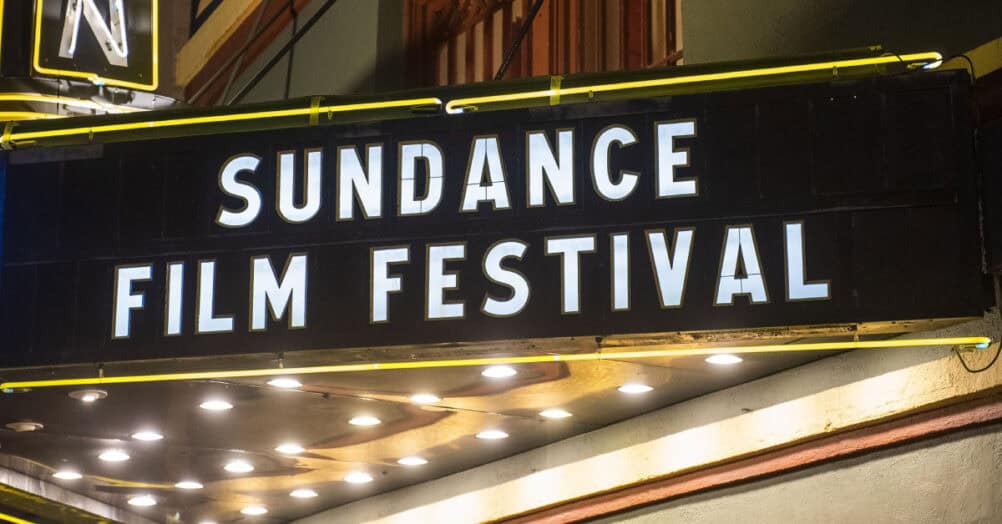
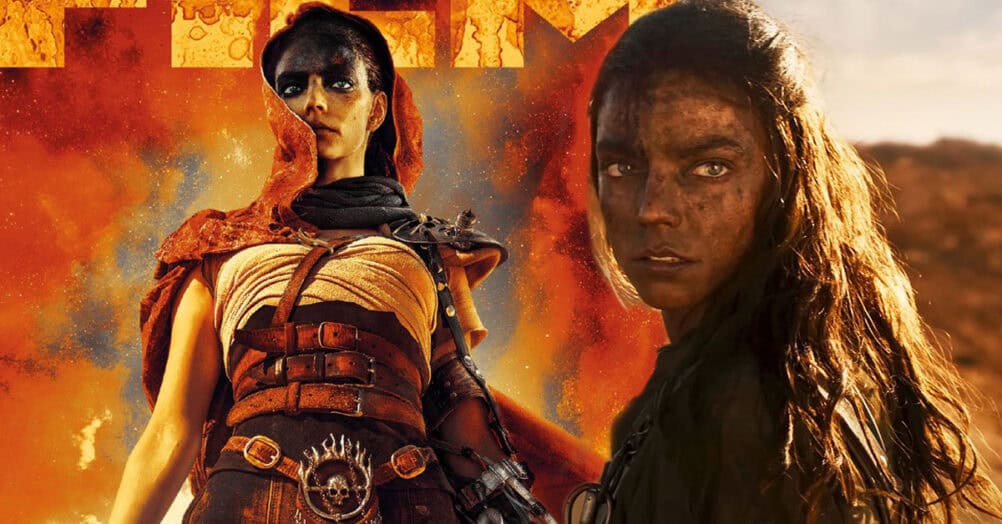
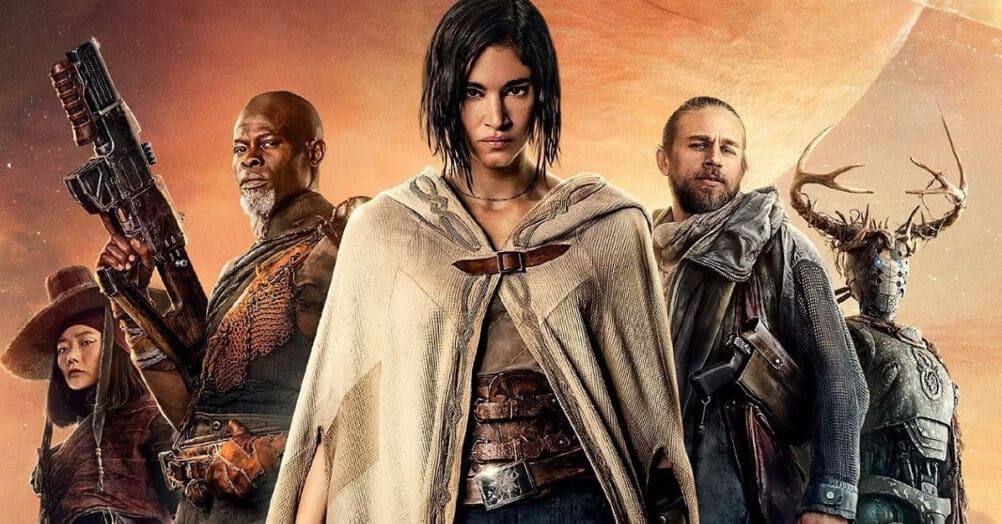
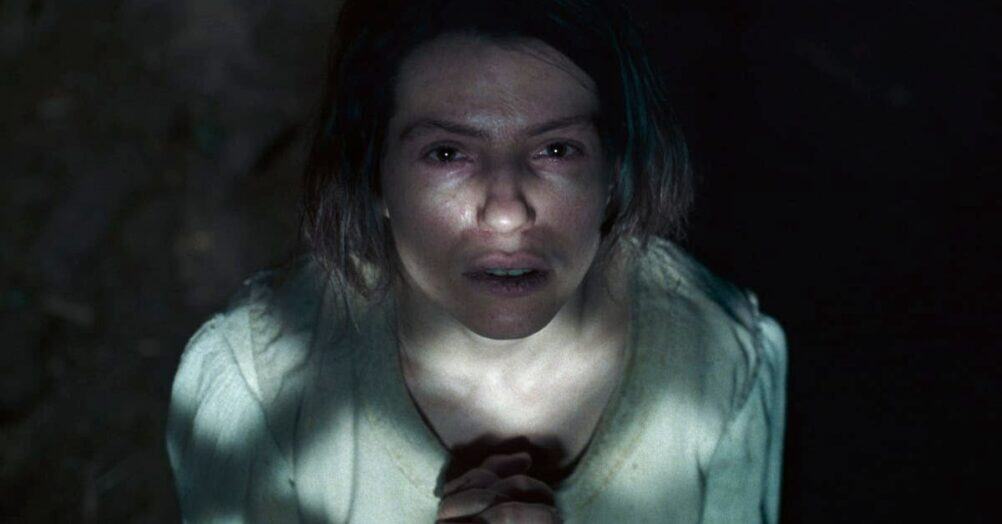
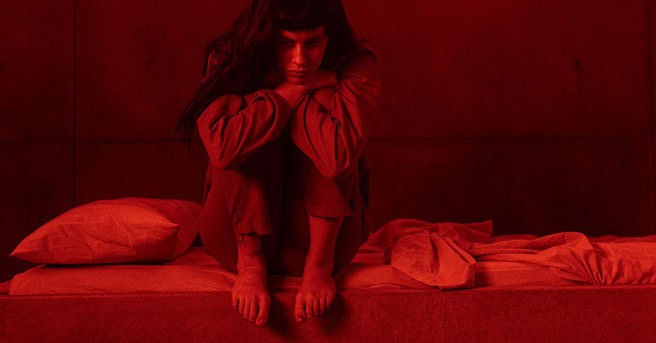
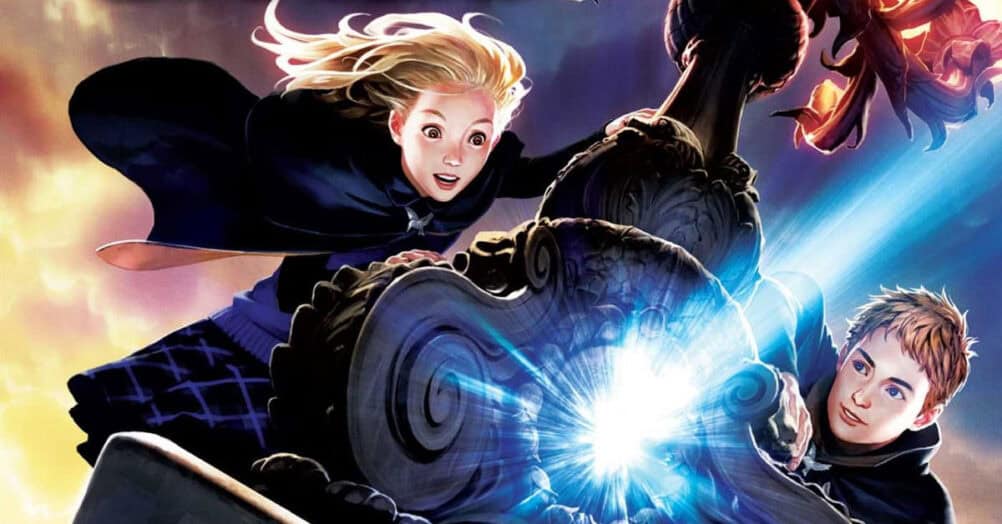
Follow the JOBLO MOVIE NETWORK
Follow us on YOUTUBE
Follow ARROW IN THE HEAD
Follow AITH on YOUTUBE